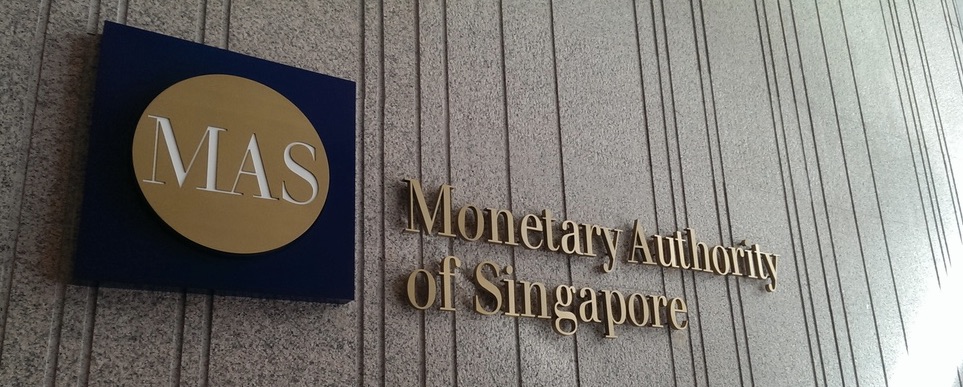Income inequality lowest in a decade
I refer to the article “Income inequality in Singapore lowest in a decade, monthly household income grows but at slower rate” (Straits Times, 17 Feb).
It states that “Income inequality in Singapore last year was the lowest in a decade, statistics released by the Government on Thursday (Feb 16) showed.
The Gini coefficient, which measures income inequality and assigns lower scores to more equal societies, went down from 0.463 in 2015 to 0.458 in 2016.
This was Singapore’s lowest score in 10 years.”
Bottom decile: Real income up by $2?
As to “In 2016, the average household income from work per household member in real terms grew by between 0.2 per cent and 4.3 per cent, depending on the income group” – according to the report (Household Income Trends 2016 released on 16 February 2017) – the real change in the average household income from work per household member for the bottom decile, was only $2 from $541 in 2015 to $543 in 2016.
$362 per household member?
However, this is including the employer CPF contribution. If we remove the employer and employee CPF total contribution of 38 per cent – the net take-home disposable income may be only about $362 ($543 divided by 1.2 x 0.8).
Can your family survive on $1,086 a month?
For say a household of three members – the total household net take-home pay may only be about $1,086 ($362 x 3).
Can a family of three survive with $1,086 a month?
Unemployed and retiree households not included?
Also, the data is for resident employed households. What is the figure for unemployed and retiree households?
Govt transfers: $9,806 per household?
With regard to “On average, resident households in one-room and two-room HDB flats received $9,806 per household member from various government schemes in 2016. This was almost double the average of $4,168 received per household member across all housing types” – let’s have a closer look at the government transfers:
- Workfare Income Supplement – (if you are self-employed age 35-44 – maximum WIS is $933 for 2016 (90% to CPF Medisave, 10% cash)) (if you are employed age 35-44 – maximum WIS is $1,400 for 2016 (60% to CPF, 40% cash))
- rebates on utilities (your electricity and water prices have just been increased!)
- rebates for service and conservancy charges (S & CC) (increase also just announced on 17 February 2017 by as much as 20%!)
- top-ups to Medisave accounts (not disposable cash that you can use, but only in the future for ever increasing healthcare fees.
- Pioneer Generation Package (not disposable cash that you can use, but only discounts on healthcare fees, etc)
- healthcare related subsidies like Chas scheme (not cash, but helps you to pay less)
- health screening subsidies (not cash, but helps you to pay less)
- MediShield Life premium subsidies (not cash, but helps you to pay less on a declining scale for four years for increased premiums)
- MediFund (not cash, but helps you to pay 50 to 100% if you cannot pay your hospitalisation bills, subject to means testing)
- training subsidies (not disposable cash)
- school education subsidies (not cash, but helps you to pay less)
- public rental subsidies (not disposable cash, but helps you to pay less)
- CPF Life bonus and voluntary deferment bonus (not cash, goes to your CPF)
- income tax rebates (not cash, helps you to pay less tax)
- property tax rebates (not cash, helps you to pay less tax)
Mostly not cash disposable income?
Arguably, how much do most of these government transfers really help, when most of them are not cash disposable income, but helps you to pay less of what may be comparatively “overpriced” services compared to other countries (Singapore is the most expensive city in the world (The Economist), or money that you can only use in the future to pay for ever increasing prices?
May hardly get anything?
To illustrate with another example – if you are a healthy non-elderly (below age 35) low-income family with no children and work long hours – you may not get any income tax rebates, property tax rebates, CPF Life Bonus, education subsidies, training subsidies, MediFund, health screening subsidies, healthcare related subsidies, Pioneer generation package, Medisave top-ups, Workfare Income Supplement, etc!







